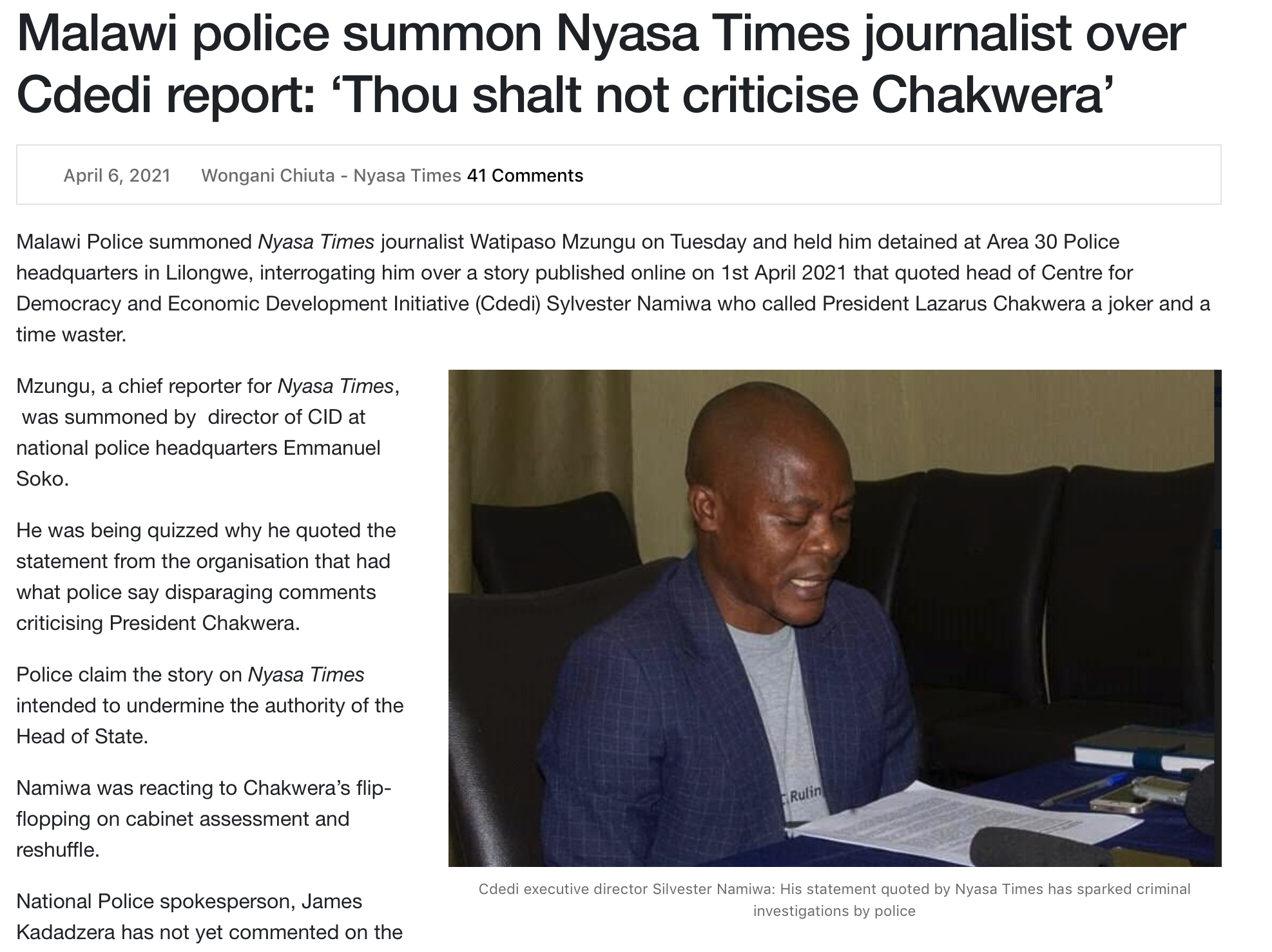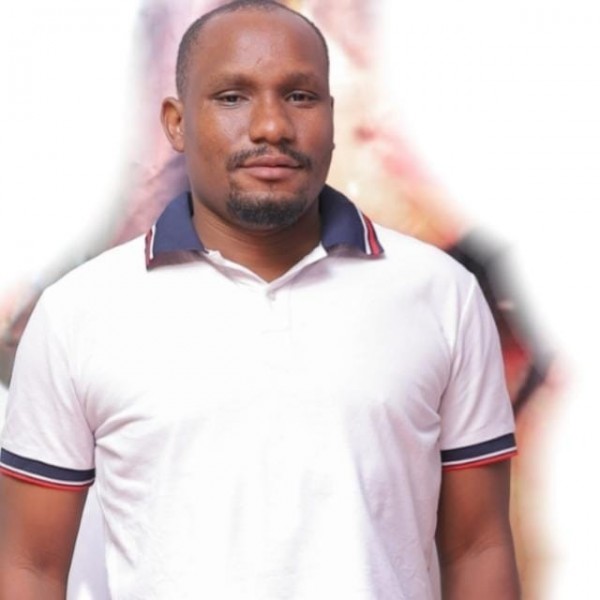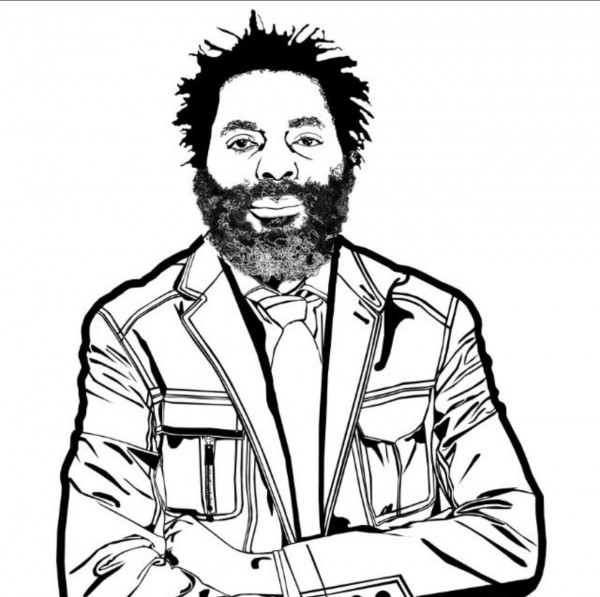The International Press Institute (IPI), a global network of editors, media executives and leading journalists for press freedom, today condemned the recent harassments of journalists in Malawi and called on the government to uphold press freedom.
On April 6, Malawian police summoned Nyasa Times journalist Watipaso Mzungu to a police station in the capital Lilongwe for questioning about an article published earlier this month. Mzungu was interrogated and detained for over two hours.
In his article, Mzungu quoted the head of the Centre for Democracy and Economic Development Initiative, who called President Lazarus Chakwera a “joker, time-waster and a comedian“.
Nyasa Times reported that Mzungu was questioned about quoting “disparaging comments” about the president. The newspaper called on the authorities “to fulfil their duty to protect the right of freedom of expression and to immediately stop harassing journalists”.
A few days earlier, on April 2, police arrested Enock Balakasi, a radio journalist working for Joy Media Group, after he took photos of a failed police operation, according to media reports. The police deleted the pictures from Balakasi’s phone and detained him for two hours.
In a statement published on Wednesday, April 7, the Media Institute of Southern Africa, Malawi (MISA Malawi) criticized the recent detentions of journalists. “The Malawi police must understand that media freedom is enshrined in the Republican Constitution and their duty is to protect and not violate it”, MISA Malawi said in its statement. “We are also reminded of the many times police authorities have promised to discipline officers who have attacked journalists on duty. We are yet to see this materialize”.
“The recent detention of journalists by the police is very disturbing and threatens to create a climate of fear in Malawi”, IPI Director of Advocacy Ravi R. Prasad said. “We urge the government to direct law enforcement officials to stop intimidation and harassment of journalists immediately.”
“We do find it to be really threatening to press freedom”
“This is the first time in many years where we have the police summoning a journalist because of a story he has written”, Teresa Temweka Ndanga, the chairperson of MISA Malawi, told IPI. “We do find it to be really threatening to press freedom.”
Cases like the recent detention of Mzungu not only affect the summoned journalist, Ndanga explained. Other journalists, too, begin to self-censor because they see how the police, or the state, is beginning to perceive journalism more and more as a crime. “You can probably be arrested over what you write, which is something that is really scary for us”, she said.
There have been several other issues regarding press freedom in Malawi in past years but not a direct attack on press freedom or control of what journalists are able to write or not, Ndanga said.
“It’s difficult to tell whether the government is having any say in these press freedom violations”, she said. “When this administration came in, they had a rhetoric that was quite reassuring of press freedom and freedom of expression.”
The current government has built a positive image of itself, and actions like the implementation of the Access to Information Act were seen as a good sign, bringing press freedom forward. Likewise, the current minister of information is someone who has been in the media industry for quite some time, Ndanga said, and is “quite understanding” of the issues that press freedom organizations are complaining about.
Often press freedom violations are related to the overreach of state institutions that want to protect the president or the government and think they are doing them a favour, Ndanga explained. In the case of Mzungu, the journalist just quoted a political activist, but apparently the police perceived it as an attack on the president, and so they summoned him.
“We think there is no will at the top levels of the Malawi police to put a stop to this. They have allowed it to happen a couple of times, now the police officers think it’s they’re way to work and that they are never disciplined”, she said. “We think the solution is beyond the Malawi police, we want the administration to actually look at these attacks and violations and put a stop to it.”
Ambiguous situation for Malawi’s media
On the one hand, the current Malawi government, which has been in office since June 2020, has made several efforts to position itself in a good light in terms of media freedom. In early March, the government announcedthat it would include journalists among the priority group of people to receive a COVID-19 vaccine. In September last year, the Malawi government implemented the Access to Information Act, which compels public authorities to respond to requests for information.
On the other hand, journalists are often the target of attacks, both by the police and the public.
In January, a group of police officers attacked The Telegraph (UK) and BBC Africa Eye correspondent Henry Mhango with pipes and sticks, as reported by local media.
In August last year, two journalists received threats via phone and social media for their comments on education policies under the COVID-19 pandemic and in January a female journalist was physically assaulted by a group of protesters who had claimed that she was a police officer sent to observe the demonstrations.



